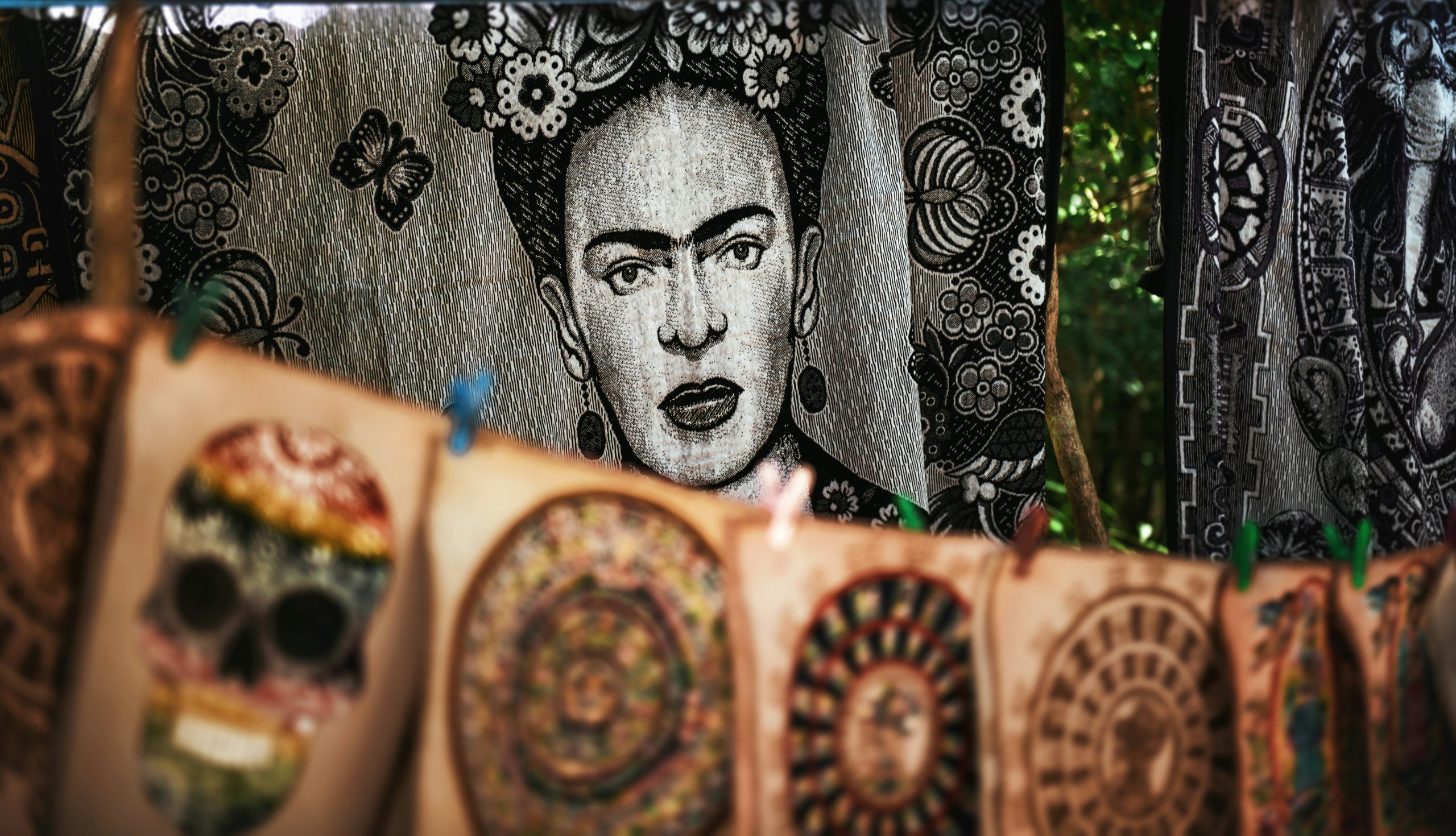essays
Tick
an Essay by Anonymous

Tick
The clock ticks louder when you’re waiting. You are sitting on a chair in the principal’s office waiting for the woman with oval glasses to walk in. You know she will destroy you, but you never know just how much.
“I see you’re back.” That smile of hers appears from the side of her lips. Her eyes look giant behind the glasses.
“Hello, Ma’am.” You stand up to show respect. She seizes that respect because respect based on fear is the only kind of respect she can squeeze out of people. You start the begging process.
“Ma’am, I know last year didn’t go so well, but I promise to be good this year. I just can’t handle being in any other school.” You can’t handle the small, old rooms of that school either. It’s one of the best schools in town, yet still near the bottom of your list of all the schools in the world, still a prison where teachers are soldiers practicing how to execute.
“You have to sign a contract.” Her smile fades and she looks you in the eye, enjoying the fear rooting from your toes and crawling its way up to your eyes.
You begin to shake on the inside. She’s playing her cards well, but you will sign anything. After spending a month in a public school, you realized that you couldn’t endure a place where students are kept like sheep in pens. This is the only school you can survive in.
“You have to sign a contract stating that your grades won’t go below B.”
You can do that. You can do that.
“And that you will attend every field trip.” And with that, your life in that tiny office takes a break. Field trips, the weekly visits you pay to the shrine, are your worst enemy.
When she says that, something inside you explodes and manages to find a way out.
“I will not go to the shrine. I will not be your puppet. Your damn education system, your office, the way you talk — it’s all a pathetic mess… I will not sign your damn contract.”
When she says that, something inside you explodes and manages to find a way out, but you immediately push it back by a deep breath.
“Yes, Ma’am.” You sign the contract. You are now enrolled.
In a week there’s an event coming up. “Field Trip to Shrine this Friday at 2.”
You’ll do it, you have to go, you have promised. In the morning the world starts spinning around your head, and you want an earthquake to kill you, a tsunami, anything. But the school bus comes and you go to school, still alive. For once you think if you sit with the principal and talk to her like any other human being with feelings, she may understand.
“Ma’am, I know I promised, but something horrible happens to me in shrines, and I’m not religious, and I have had OCD for a long time. I can’t help it, please, I beg of you, let me stay here.”
“Get on the bus,” she says, and so you do. The shrine is downtown. You squeeze your knee with your hand and stare at the floor of the bus because you don’t want to see anything else. You lock some air in your lungs, stomp your feet on the ground twelve times. The bus stops.
The students get off the bus and you are hesitant but you’re forcing yourself to take one step after the other. You reach the steps of the bus and you climb down staring at your shoes because you don’t want to look at anything else or it will make your OCD erupt and take you to the edge of death. You’re going to have to look at the shrine at some point. You’ll be surrounded by the shrine and not even your feet will be sanitary enough to save you from sinking.
You jump off the bus and from there on you will breathe only when you have to: when you feel dizzy and the corners of your eyes start going black and you feel like the world is slowly fading away. But don’t let it be a big breath. If it’s a big breath then you have to exhale hard, and push all the air out of your lungs. You take a small breath, then wait to feel dizzy again, and repeat the process until you’re out of there. Also, don’t breathe while looking at anything other than the sky, or your shoes and hands. Also, don’t exhale if there’s the image of anything or anyone you care about. Those are the rules of your OCD world. There are many rules, though, and many come with exceptions, and all have a punishment if broken. There is a way to erase the wrong action once you have done it, but the process is hard and painful, so you avoid breaking the rules unless you absolutely have to.
You are never sure why certain places and people trigger your OCD. But it may have something to do with protection. Protecting yourself and most importantly your loved ones from sorrow and anything abnormal. Because it is abnormal to you, the way old men and women gather around the shrine of whatever Imam is buried there. They lay on the ground, holding on to the bars around the shrine, and cry. Maybe it’s not abnormal, though. Maybe it’s not as ugly in reality as it is in your head. But you were raised a non-Muslim in a Muslim theocracy. It isn’t abnormal for you to see them that way because unlike them, you are forced to be there.
You sit there in the shrine, already with a migraine from a lack of oxygen. Your body is stiff, and you don’t bite your nails because even the air of such a place makes your hands filthy. Instead, you pick your fingernails and stare at the one spot that is empty of people. You are already planning your shower as soon as you get home, and have already stopped swallowing your saliva.
The speaker starts telling the same stories as all the others do about The Prophet, how great he is, how much you all love him, how those who don’t wear hijab will be hung from their hair in hell, and of course how to be God’s good human. But you have never appreciated being forced into Heaven. You have never believed in anything other than not believing in Islam. You have never belonged. The whole time he’s reading the Quran you’re thinking about outside where you can see the sky. You have always associated freedom and survival with the sky. Someday, you will get on an airplane and fade into the clouds. You don’t know what is behind the clouds, but it has to be something so green, like a golf course.
The speaker finishes the reading and it’s lunchtime. They have brought the meals to the shrine. The kids are in line, getting food, then finding a spot next to their friend and eating. You look at your hands and see that your pinky is covered in blood. You have scratched the skin off without realizing it. You stand in the corner and melt into yourself. The principal passes you and asks if you’re having lunch. You nod, letting her know that you are not going to eat in there. She suddenly sees your bloody finger.
“Oh my god, what happened?”
“Nothing,” you say, and that’s when, for the first time, she sees you. Big purple bags under your eyes, your pale skin, your bloody finger, and your uncomfortable body standing where it doesn’t belong. She doesn’t say anything, and gives you a hug. You want the hug to be over. But as she puts her arm around you, she whispers in your ear, “It will be over soon.” Your eyes immediately water up, because someone has acknowledged how much pain you’re in. She hands you a tissue and you wrap it around your pinky.
Lunch ends and you head home. You haven’t swallowed your saliva in a while and it feels like you have a jawbreaker in your mouth. Your lips are dry and cracked, but you don’t feel the pain anymore. You get home, take off your shoes and socks at the door, and head to the big trashcan to throw your clothes away. Your parents don’t ask any questions because this isn’t your first time coming back from a shrine. You head to the bathroom. Not the bathroom you usually use, because you don’t want to get it dirty. You pick up your special tool for these situations: the merciless pumice. You cover it with soap and start washing your body. After a short time your skin is bleeding. You spend two hours in the shower, in agony under the hot water. Your breathing gains speed and everything in front of you goes blurry and you feel like you’re going to pass out. You stop showering and go into your bedroom. Your skin is red and scratched, your eyes and nose hurt from the soap, and your migraine has increased so that it feels like a new type of illness.
You lay on your bed listening to some song in English, staring out the window. Tears run down your eyes but you don’t call it crying. You’re too ill and tired to cry. You fall asleep and when you wake up you feel a lot better until you remember why you were feeling bad in the first place. You take pills that you don’t even know what to call because all you remember is the psychiatrist prescribing them to you for depression, stress, OCD. You don’t come out of your house for four days, trying to find something to live for. When recovery time is over, you speak once more to people like the normal person you wish you were. You let them know there is nothing to be afraid of, because although you have not stopped screaming in your sleep for the past few days, you won’t hurt anyone. You look at your scratched, ill figure with pride, knowing you did as you promised.








